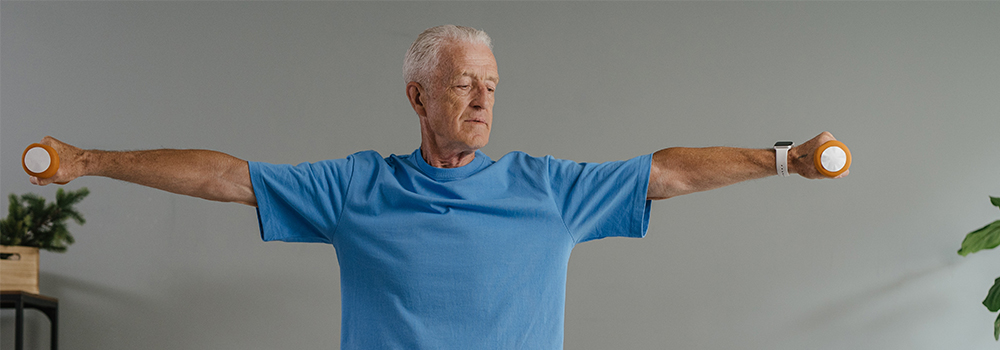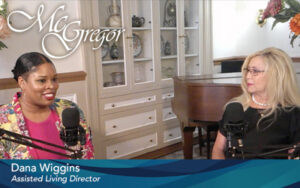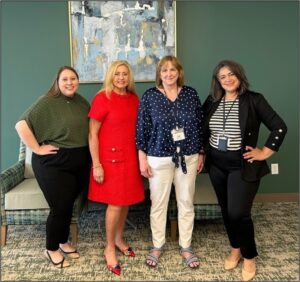
Understanding the Risks of Osteoporosis
What Older Adults Can Do to Prevent Bone Density Loss
May is National Osteoporosis Awareness Month. Osteoporosis, a bone disease, develops when both bone mineral density and bone mass decreases, which can increase the risk of fracturing a bone. According to the National Institute on Aging, 1 in 5 women and 1 in 20 men over the age of 50 have osteoporosis. The risk increases as you age. If you are over the age of 65, you can be tested for osteoporosis with a bone density scan.
Osteoporosis does not have a lot of warning signs: Many people do not realize they have it until they fall and break a bone—typically in the hip, spine, or wrist. There are a few symptoms that may indicate osteoporosis: back pain, a loss of height, a stooped posture, or easily breaking a bone.
Those who have osteoporosis, or want to prevent bone density loss, should take steps to lead a healthy lifestyle:
- Exercise regularly, including weight bearing exercises. Strength training, no matter your age, is very important, along with walking, climbing stairs, dancing, and other activities that use your body weight.
- Eat foods that support healthy bones, such as calcium, vitamin D, protein, and fish.
- Do not smoke. Smoking increases the risk of weakened bones.
- Limit your alcohol consumption.
You should also make an effort to prevent falls, which can lead to broken bones:
- Stand up slowly.
- If you need to use a cane or walker to feel more steady, do so.
- Use night lights in hallways and bathrooms.
- Install grab bars where needed in your bathroom.
- Take extra caution when using the stairs.
If you already have lost a lot of bone density, you may want to talk to your primary care doctor about medications that can help slow bone loss. You may also want to discuss taking a Vitamin D supplement to support healthy bones.
We are here to support older adults in leading healthy, happy, and independent lives. Let us know if you would like to learn more about the PACE program for you or a loved one.


